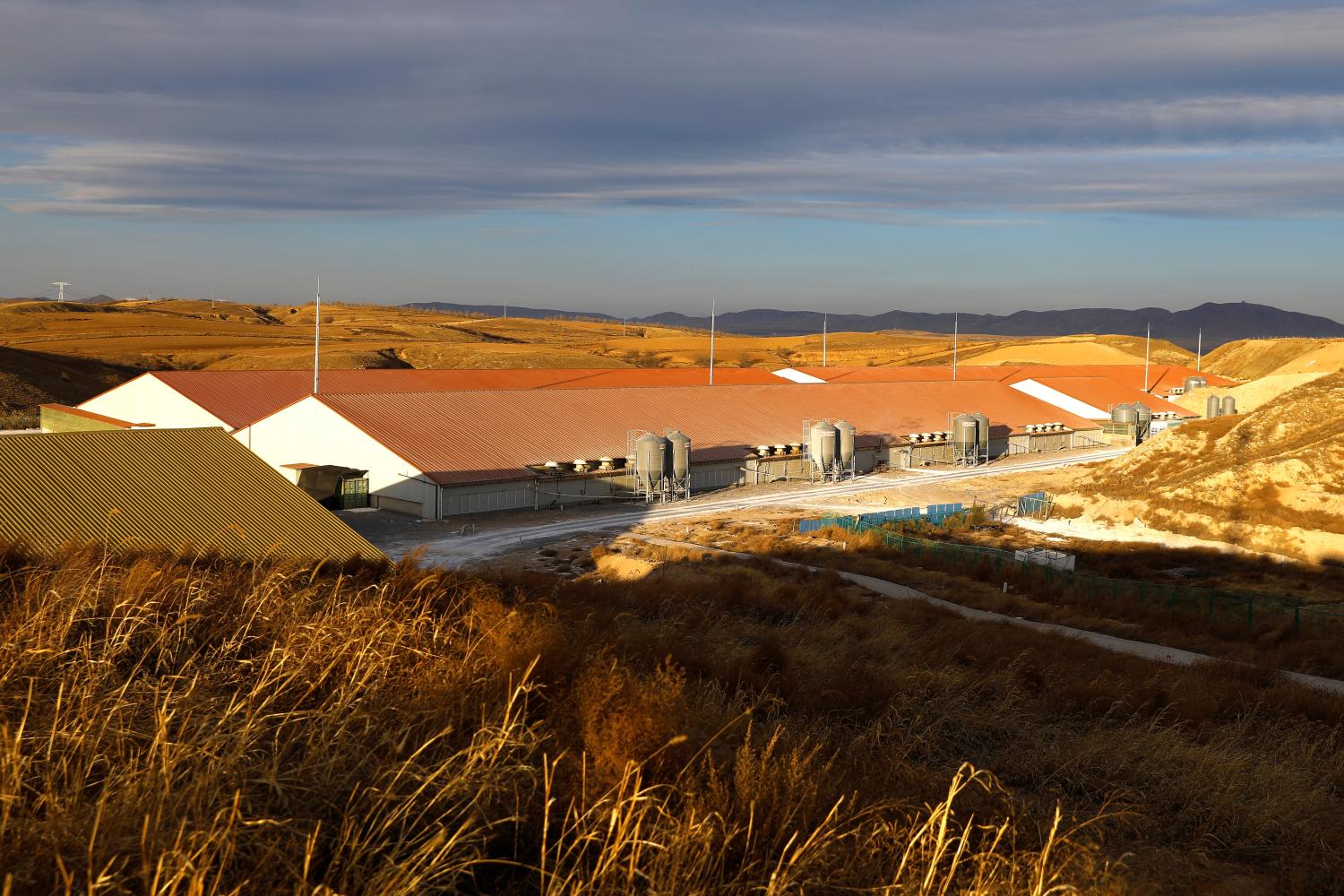This is part 2/2 of the “Beneficial ownership transparency in Mongolia” report. Read part 1/2 here.
Beneficial ownership refers to natural persons who directly or indirectly ultimately own and derive financial benefit from a company or commercial activity. Beneficial ownership disclosure allows the general public to understand who has control of a company or a stake on it, so potential conflicts of interest can be identified and prevented. With more mechanisms for monitoring from governments, and the increasing importance of beneficial ownership registries, there is a global trend towards disclosure of this type of information. However, challenges remain significant.
Mongolia is strengthening its beneficial ownership processes, laws, and systems. In fact, a comprehensive beneficial ownership disclosure regime requires careful consideration of challenges beyond the public register.
With an ecosystem approach to beneficial ownership, the Leveraging Transparency to Reduce Corruption (LTRC) project, a joint initiative of the Brookings Institution and Results for Development, is supporting actors in Mongolia identifying implementation gaps and viable solutions to concrete challenges.
Building upon the findings and recommendations for a public register in a first report, Beneficial Ownership in Mongolia: A Way Forward, this follow up study focuses on how to tackle complex implementation challenges, based on lessons from other countries and a discussion of Mongolia’s context. These implementation issues are:
- Reporting regulations for State-Owned Enterprises
- Disclosure requirements for companies listed on a stock exchange with varied shareholders
- Definition and identification of foreign Politically Exposed Persons
- Elements related to verification measures for a public register
- Clarifications on the definition of indirect control
- Benefits and challenges associated with a public register
The report concludes with concrete recommendations for government and parliamentarian officials in Mongolia championing its beneficial ownership process.
Download the full report here.
About the Brookings Institution
The Brookings Institution is a nonprofit organization devoted to independent research and policy solutions. Its mission is to conduct high-quality, independent research and, based on that research, to provide innovative, practical recommendations for policymakers and the public. The conclusions and recommendations of any Brookings publication are solely those of its author(s) and do not reflect the views of the Institution, its management, or its other scholars.
About Results for Development
Results for Development (R4D) is a leading nonprofit global development partner. R4D collaborates with change agents around the world—governments, civil society, and innovators—to create strong systems that support healthy, educated people. R4D combines global expertise in health, education, and nutrition with analytic rigor, practical support for decision-making and implementation, and access to peer problem-solving networks.
The Brookings Institution is committed to quality, independence, and impact.
We are supported by a diverse array of funders. In line with our values and policies, each Brookings publication represents the sole views of its author(s).







